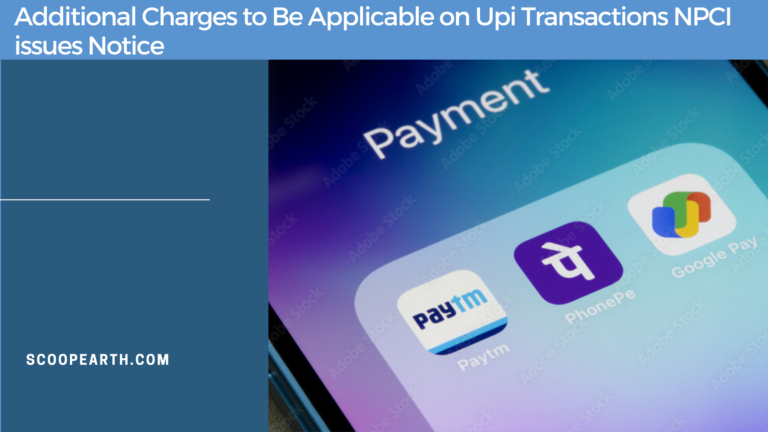30 March 2023, Bangalore, India
The change in the rule is coming straight from the higher commission for retail payments and settlement systems in India. The National Payments Corporation of India (NPCI) issued the change in the rule to be effective from 1st April 2023. In its latest circular, NPCI mentioned a specific “Prepaid Payments Instruments” charge would be applicable on payments above ₹2000 made via these PPIs. This charge is also called an interchange fee. The rule further states that the PPI charge will be applicable only on wallet transactions and not on direct UPI transactions made from one bank account to another.
The governing body, NPCI, has come up with this recommendation to help increase revenue for banks and payment service providers. As per the latest circular, the rule states that there will be an interchange fee of 1.1% of the total amount in the transaction. It will help the respective authorities to make up for the costly UPI transactions. It will cover the cost of accepting, processing and authorizing a transaction.
Highlights of the change in rule –
- NPCI has released new rules stating that transactions made through PPIs, like PayTM Wallet, will include a PPI fee of 1.1% of the total amount.
- The rule applies only to transactions that are above ₹2000.
- The fee is not applicable on regular UPI transaction, which is done directly from one bank account to another.
NPCI received many queries and doubtful thoughts on this change of rules from consumers who use these payment merchants. One of the merchants took up Twitter to clarify these doubts. They stated that the PPI fee is an interchange fee and is not to be paid by customers who use various payment merchant apps for UPI and wallet transactions. For customers, there is no extra charge included in any of the transactions done via merchant apps.
PPIs are digital wallets like PayTM Wallet, PhonePe Wallet, and GPay. The interchange fee that will be charged is a fee that is charged from one bank to another bank during transactions. The interchange fee will not apply in person-to-person transactions and person-to-merchant transactions between a bank and a prepaid wallet.
As per the circular, whichever digital wallet people use, when people add more than ₹2000 from their bank account to their wallet, the wallet issuer will give 15 basis points to the bank as a fee. The next step is the transaction, where the interchange fee is applied. Here, when a customer goes to a retailer to buy anything more than ₹2000, a 1.1% interchange fee will be applicable from the receiver’s end. It is not the retailer who pays it but the bank or whichever payment service provider the retailer holds as an intermediary. That intermediary bank or service provider will pay the 1.1% interchange fee to the customer’s bank.
This example will help in understanding this scenario better –
Step 1 – Adding money to the wallet from bank –
Suppose a person has a Paytm wallet and a bank account in HDFC bank, then upon successfully adding more than ₹2000 to the wallet from the bank, the wallet issuer, here Paytm, will have to pay 15 basis points as a fee to the person’s bank.
Step 2 – Where the interchange comes in play –
Now, the same person goes to a convenience store to buy something. They have ₹5000 in their wallet now. They purchase some items and pay the amount using UPI via the wallet. The retailer has installed various QR codes to scan and pay. The customer chose the Paytm QR code scanner and paid the amount. Now, the intermediary, here Paytm, that the retailer has put to complete the transaction will pay the interchange fee of 1.1% to the customer’s bank.
It is the simple mechanic about how the interchange fee is paid by whom and to whom. The key point to remember is that no customer has to pay any additional fee of any kind during any transaction.










